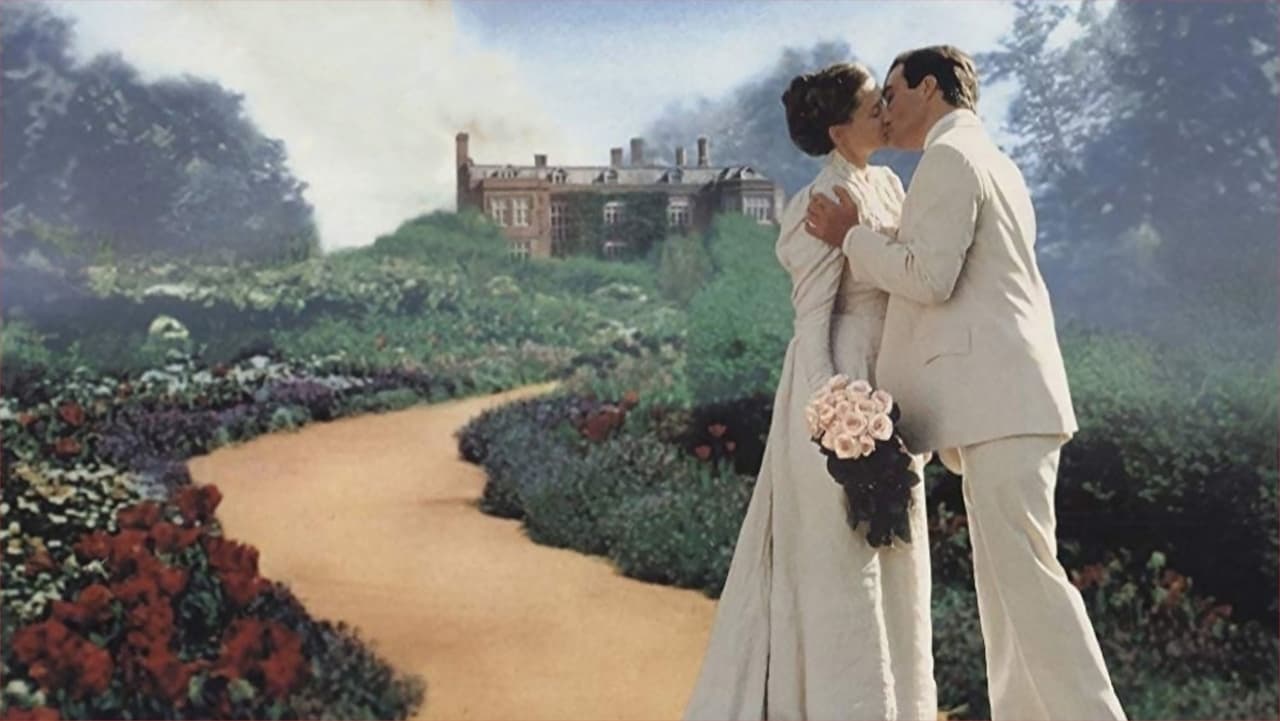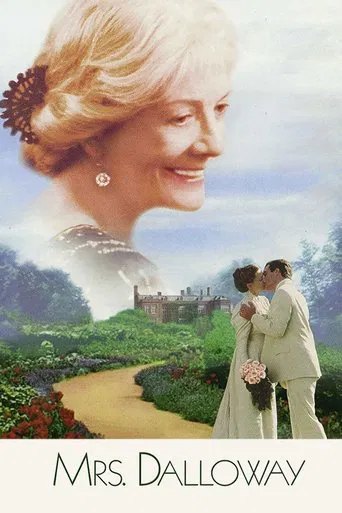

ridiculous rating
... View MoreOne of my all time favorites.
... View MoreAwesome Movie
... View MoreClose shines in drama with strong language, adult themes.
... View MoreIf you ask me, this movie would be best to play when you want to put people to sleep.The film was not entirely without merit. I thought the actors were good and the cinematography interesting, but the screenplay itself left a lot to be desired. I felt as if there was a huge amount of repetition and little (if any) action. Nothing really "happens" for the most part, excepting for one character whose character was never given to us -- only his shell-shock from his time in the war.There were a few interesting moments in the film. I'm just sorry it took -- what was it, 2 hours? -- to convey what I feel could easily have been conveyed in 20 minutes or less.
... View MoreThere's a certain type of 'art' film the English do very well and likely as not Vanessa Redgrave won't be far away - I can't wait til someone has the good sense to release A Month By The Lake on DVD so that I can write about it without having to rely on the memory of having seen it twice within one week on its initial and limited release. This is no exception and virtually everyone is to be congratulated for 'visualizing' a novel employing the 'streams-of-consciousness' technique at which Woolf was a a dab hand. It's a given - or it should be - that Vanessa Redgrave illuminates any stage or screen she cares to grace and here she catches beautifully the light-as-air slightly ethereal quality of Clarissa Dalloway in middle age preparing, at one level, for a party she will hold in the evening whilst reminiscing on another level about her youth and, among other things, the suitor she let get away in favor of the 'safer' Mr Dalloway. Redgrave is supported more than ably by some stalwarts of British TV and stage, oliver Ford Davis, Michael Kitchen, Amelia Bullmore, John Standing and Rupert Graves who, for once, is not so much precious as actually watchable. Surprisingly someone has put some thought into decor and color so that the overall result makes for a pleasant wallow in Charm, Sophistication and Style.
... View More"Mrs. Dalloway" is an English period flick (circa 1920ish) which is all about a day in the life of the title character (Redgrave). The film sports an excellent cast and all the trappings of the period's polite society. Unfortunately the film falls apart on story/screenplay which is a herky-jerky mess jumping around between Mr. Suicidal Whack-Job, Dalloway and her best friend umpteen years prior, and prattling about her little evening soiree while spending her time on her duff. The characters are paper thin, the story flat, and the screenplay a shambles making what could have been such a lovely film an unrecommendable waste of a good cast and crew - and that's from someone who adores British period flicks. (C)
... View MoreVirginia Woolf is thought of as a high-brow rather than popular novelist yet the novel this film is based on sold well when first published in 1924. It is easy to see why there is nothing rarefied in the treatment of its themes, making choices and breaking with the past.Clarissa Dalloway, a society matron, played with startled radiance by Vanessa Redgrave, is throwing a party and while making the arrangements she remembers back to the choice she made 30 years ago as a young woman between two men. One, Peter, charming, intelligent, adventurous, is the sort who went out and conquered India, or at least seduced the Major's wife. The other, Richard, good-looking, loving, a bit boofy, devoid of flair, is the sort that gravitates into politics. Naturally, the young Clarissa (played by Natasha Mc Elhone) has chosen the safe one, but Peter, after a chequered career, has turned up in London and pays her a call. She invites him to the party. Parallel to Clarisa's reminiscences is the story of Septimus (Rupert Graves) a returned soldier from World War I, whose wartime experiences are eating into his sanity. Clarisa is put up as a `modern woman' who refuses Peter's love because she sees it as all demanding and all consuming, despite his attractive personality. Yet she accepts Richard, who wants and needs a dutiful, supportive wife. She also passes up the possibility of love with her close friend Sally. Though shaken when she hears of Stephen's fate from his psychiatrist, a guest at the party, and touched when she meets her old lovers again, she sees her life as going on before, safe and unexciting. For a film-maker the amount of interior musing generated by Woolf's `stream of consciousness' writing technique presents a challenge and here Marleen Gorris has effectively used flashback to externalise Clarisa's memories. We get two stories artfully intercut, though there is not much tension in either of them - costumes, but not much drama. One does, however, get the feel of how it might have been to be in the upper class during the Edwardian late summer; as if just being there was enough (we even meet the Prime Minister at the party). Woolf and Gorris have evoked the atmosphere precisely, even if, as Lytton Strachey said, there isn't much of a plot. Even the minor characters sparkle. Robert Hardy as Sewell's psychiatist exudes bonhomie and guile, and Margaret Tyzak as the meddlesome Lady Bruton gives us a fine example of the old-fashioned female power broker at work. Overall, the film is rather slow, especially at the start, and I did wonder whether it would have been made without all the government and foundation money listed in the credits, but the quality of the performances redeem it to some extent.
... View More